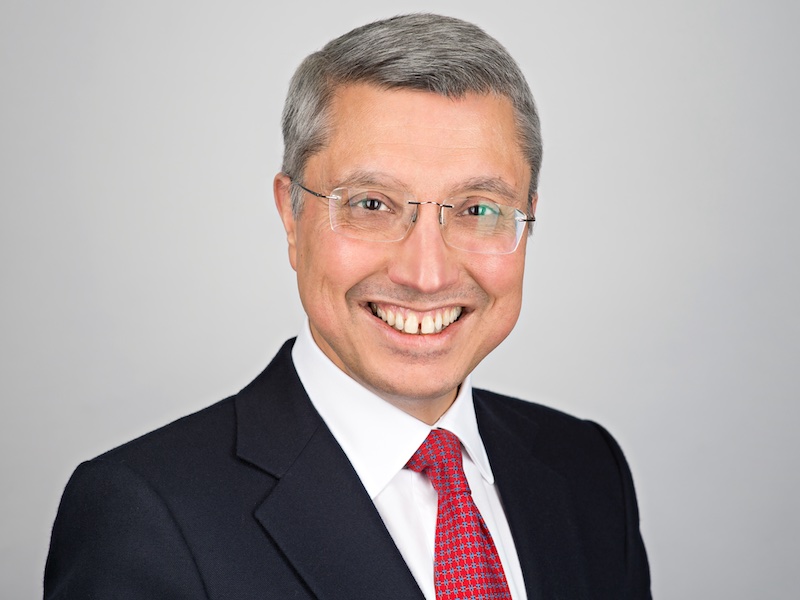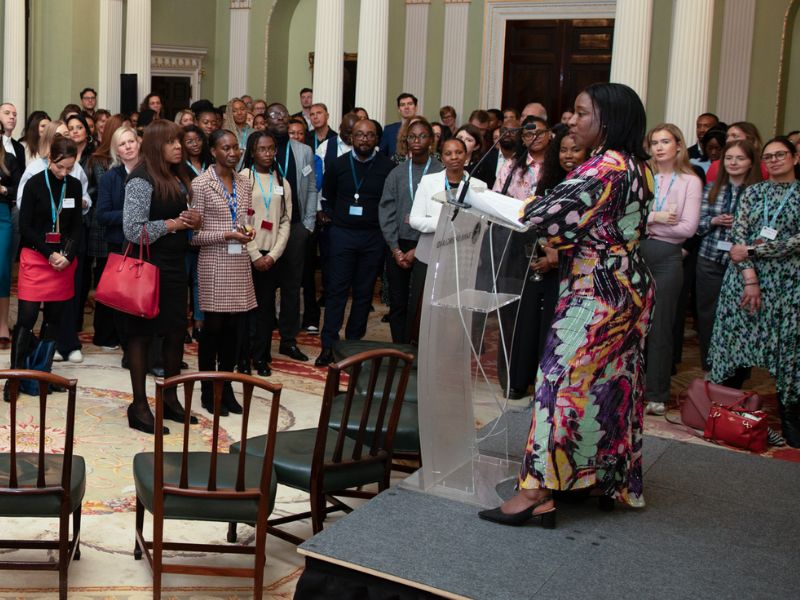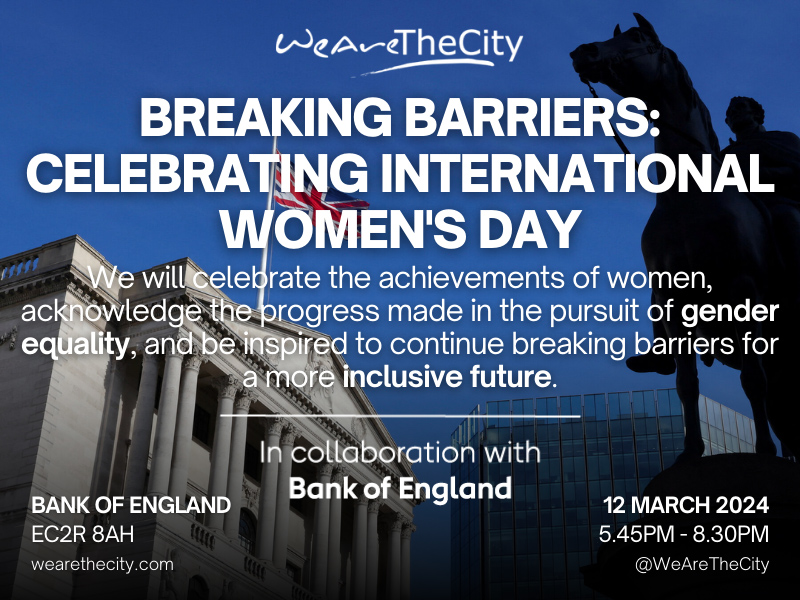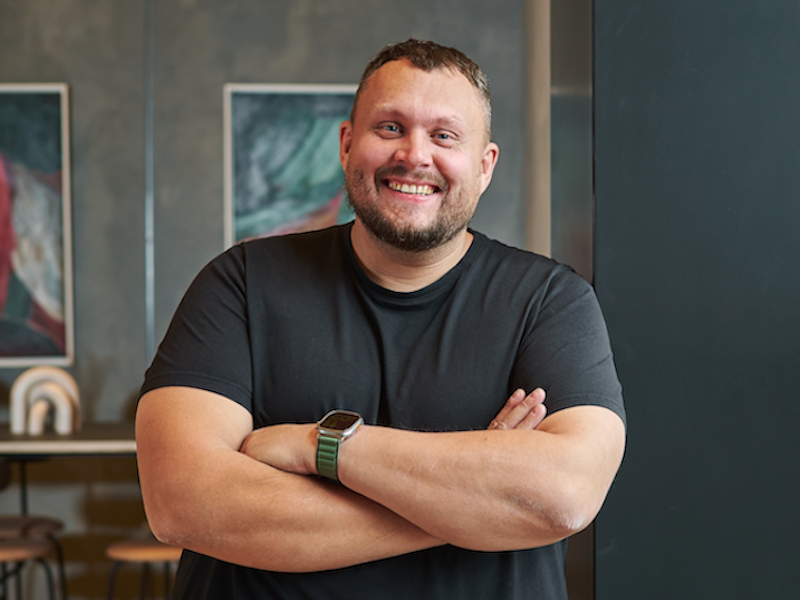Sushil Saluja is senior business leader and advisor based in London, focused on international business, technology-led transformation and education.
He has over 30 years’ prior experience at Accenture. He led business units for EMEA (based in London) and Asia Pacific (based in Hong Kong), and has launched FinTech accelerators in Hong Kong and Dubai.
Sushil has been active in education through the delivery of higher education to Malaysian students through local colleges and British universities.
Sushil graduated in engineering from Pembroke College, Cambridge. He was a Trustee of the Princes’ Teaching Institute (PTI) and is a Governor of the University of Greenwich, and Chair of Heart of the City.
1. Tell us a bit about yourself, background and your current role
I am an international business leader and technologist based in the City with strong interest in education. I left Accenture’s London office as a senior Partner in 2020 to pursue a portfolio life after a 32-year career which saw me working in over 40 countries.
Alongside my ongoing work leading technology at a major City institution, I sit on the Board of the British Council, the Board of Greenwich University and the Advisory Council for Bayes City University Centre for Charity Excellence (CCE). I chair Heart of the City, a charity helping small businesses get to net zero, and I’m currently in the process of setting up a charity to support community-based arts and culture.
2. Did you ever sit down and plan your career?
My parents always encouraged me to study hard. When I left school, I wanted to be an engineer and joined British Rail. However, I had a passion for technology, so I joined Andresen Consulting (now Accenture) soon after graduation. I’ve never planned on staying as long as I did, but I kept doing a series of interesting projects and roles, which took me all over the world.
3. Have you faced any challenges along the way?
Many (like everyone else)! Sometimes it’s about the balance of home and work pressures, other times it’s just about the complexity of work being done and the physical and mental resilience required.
4. What has been your biggest achievement to date?
I’m most proud of the work I have done in the financial services industry, and in education through the various charitable roles I have held. I’m also proud of the people I have helped develop their careers to another level, beyond where they had imagined themselves.
5. What one thing do you believe has been a major factor in you achieving success?
I’ve always felt you should have a clear sense of the broader purpose that you’re seeking to accomplish. Every organisation has a broader role to play in its community, and every individual has a broader contribution to play in life. If you can align these with what you enjoy doing then things work well on multiple fronts.
6. How do you feel about mentoring? Have you mentored anyone or are you someone’s mentee?
I’m a huge believer in mentoring. Mentoring is an important part of helping others and oneself develop to maximum potential. I’ve had mentors myself, and mentored others, and long believed that the best coaches are those who have been or are being coached themselves. I’ve also learnt that you can only mentor people who want to be mentored and are willing to be open minded about where it takes them.
7. What can businesses/governments/allies do to help diversity and inclusion?
Sometimes it’s the system that needs to recognise and celebrate diversity, and sometimes it’s about helping individuals break through glass ceilings. Having good roles models and good role-modelling behaviour always pays dividends in this area. Mentoring and support structures are important for every organisation, but not always as easily accessible as they should be.
8. Why do you think it’s important for men to support gender equality in the workplace?
Gender diversity, and indeed all forms of diversity, lead to effective teams and better workplace activities. Diversity fosters creativity, better decision making and more stable work environments. It’s also a way of being able to attract and retain better staff in the workplace.
9. If you could give one piece of advice to your younger self what would it be?
Think for the longer-term journey, not just the next leg. Don’t forget to enjoy every step of the way.
10. What is your next challenge and what are you hoping to achieve in the future?
London is an amazing city, one of the best in the world in my view. It is the economic and cultural engine of the country with some of the finest global educational establishments. This has made a huge contribution to national prosperity and individual growth for the country, benefiting many millions of people directly and indirectly.
However, for London to remain a global leader, it must now adapt and reinvent itself for the future. For example, the use of technology and adoption of sustainability are just two key elements where the world ahead of us is very different from the world some of us have grown up in.
I wish to make a broader contribution to the next wave of reinvention for the City of London, embracing its amazing combination of strengths in business, the arts, charities and broader civic life, to strengthen the leadership the UK has internationally and the contribution to national prosperity domestically. This requires vision, courage and, of course, diversity of thought and leadership.









